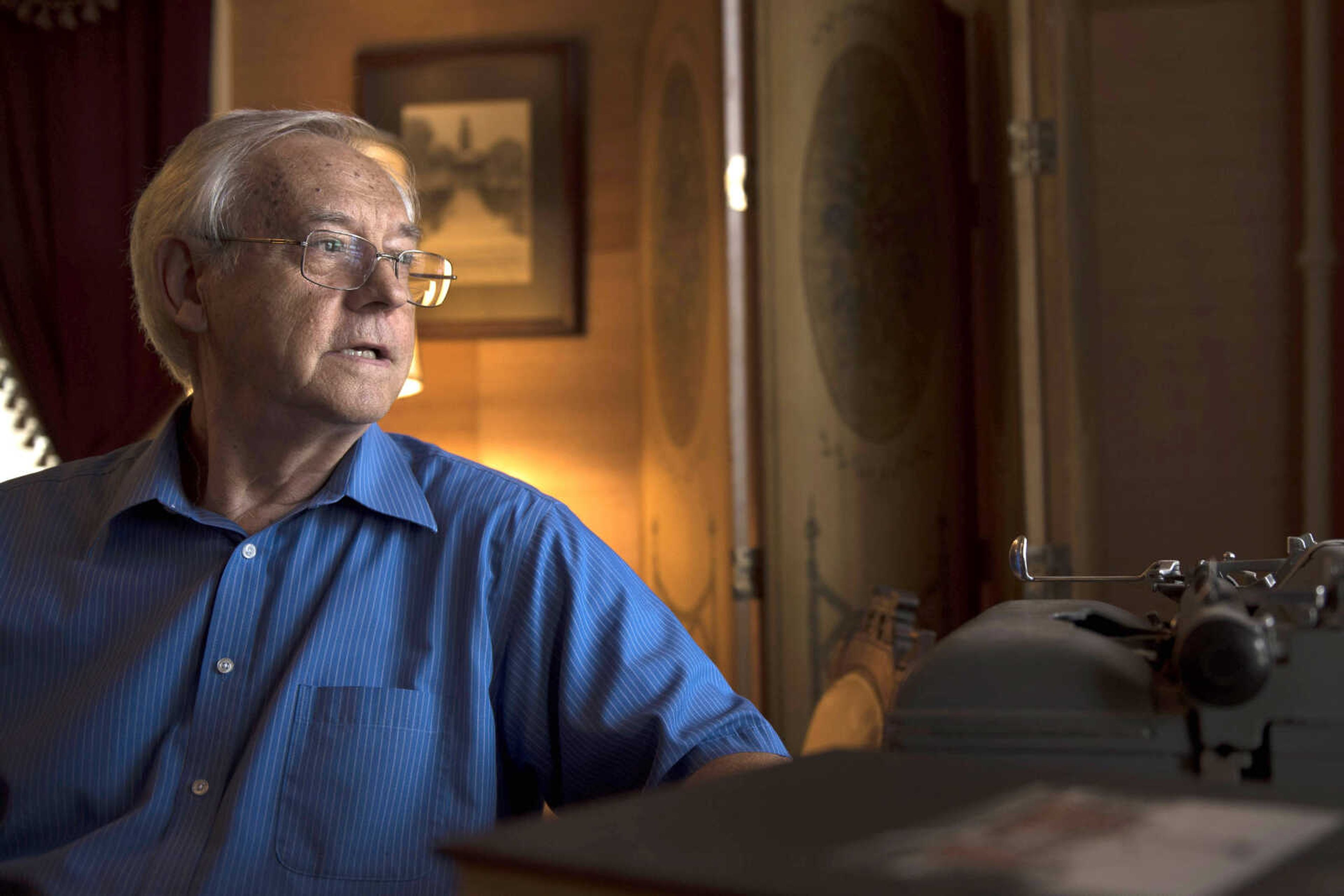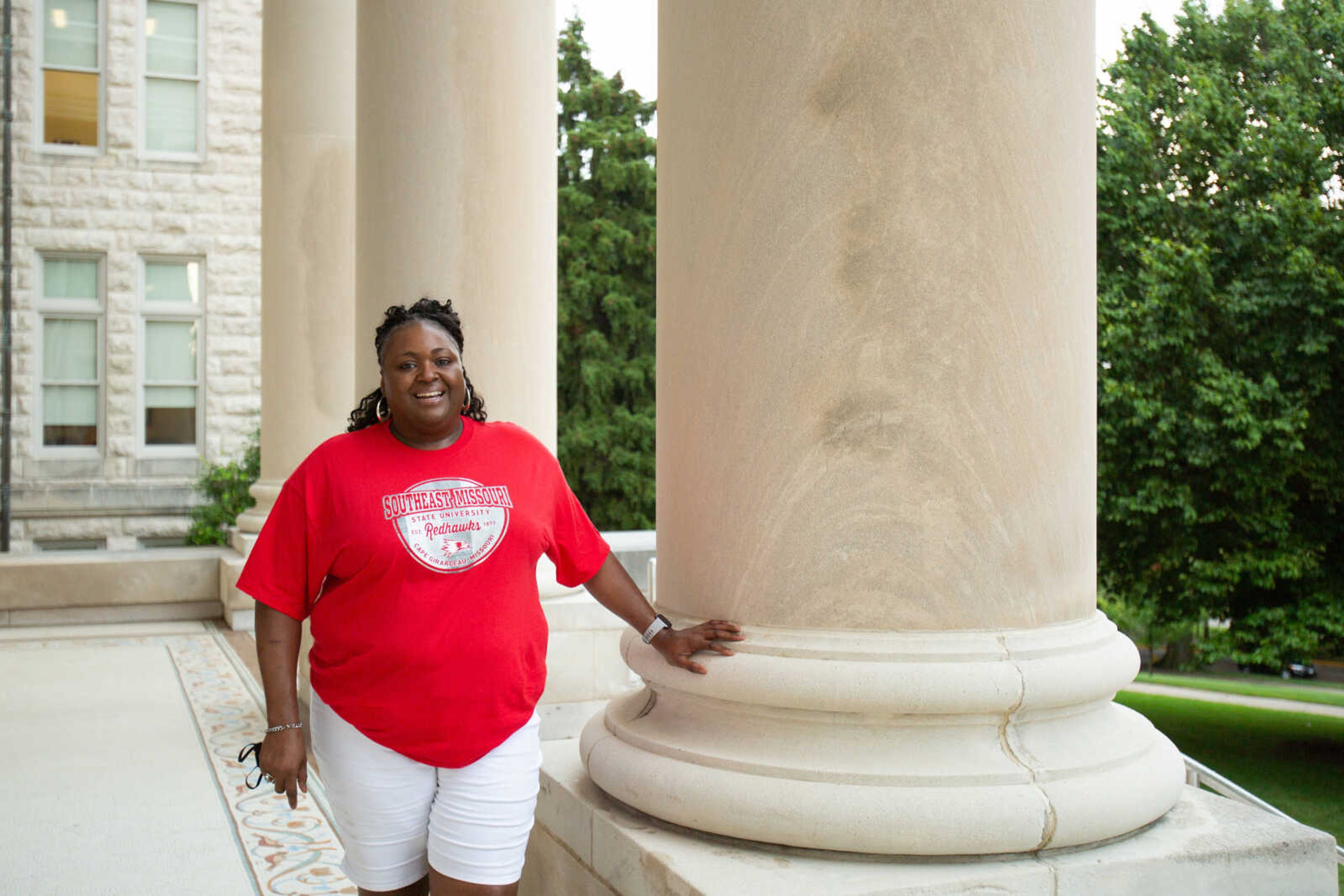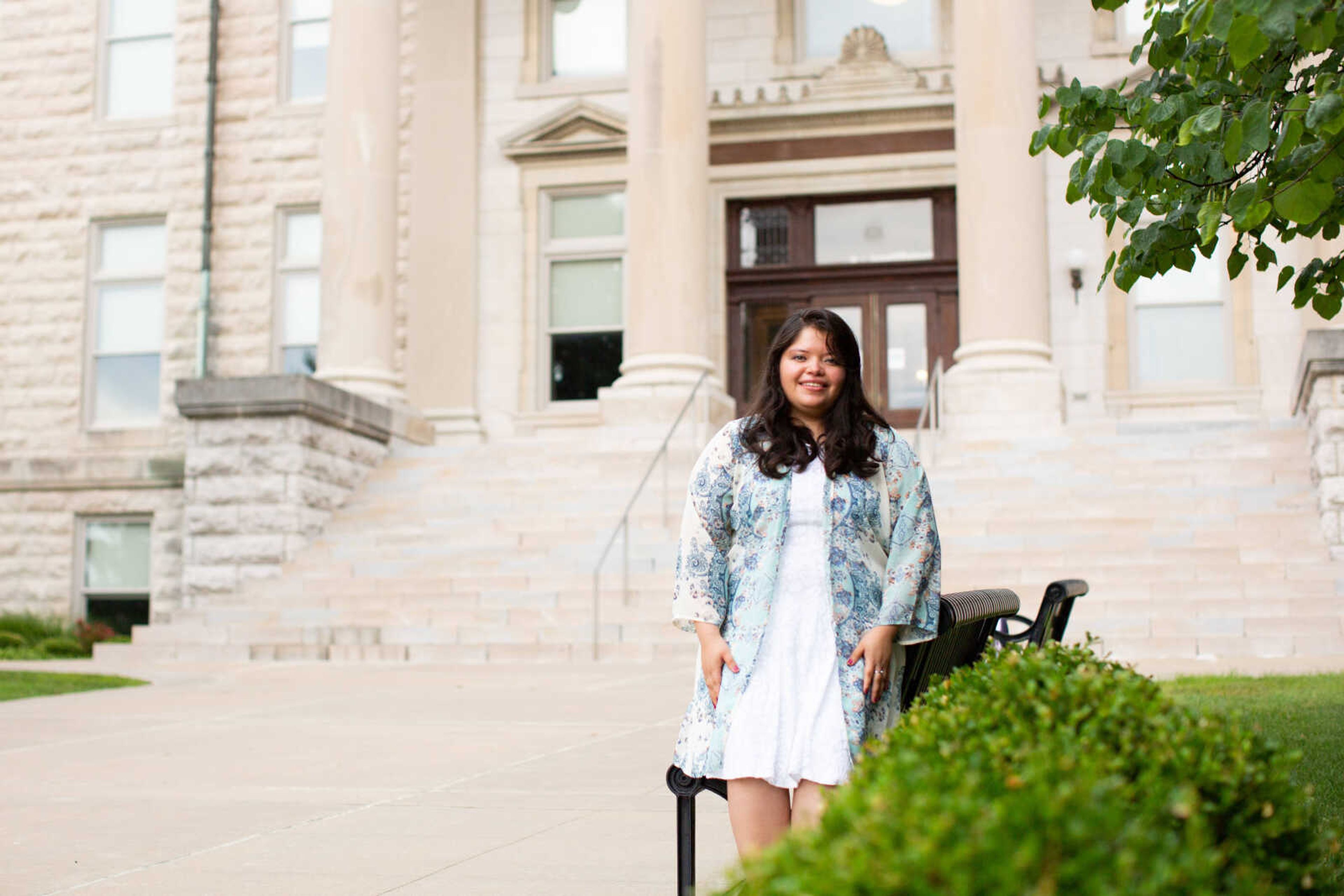TBY: The First Generations: Reflections on attending college
When I was growing up, college was always part of my future plans. My mom was a professor, so the idea was always present. Because I, too, teach at a university, college has been part of my children's daily lives, as well. Even though we talk about other post-secondary options, going to college is what seems natural to them. But my parents were first-generation college students. My husband was, also...
When I was growing up, college was always part of my future plans. My mom was a professor, so the idea was always present. Because I, too, teach at a university, college has been part of my children's daily lives, as well. Even though we talk about other post-secondary options, going to college is what seems natural to them. But my parents were first-generation college students. My husband was, also.
"First-generation" can be defined in different ways, but the term typically refers to students from families in which their parents did not earn a four-year degree. According to a 2018 report from the National Center for Education Statistics, a third of today's college students are first-generation. These students tend to graduate at lower rates than their peers with parents who earned a four-year college degree. They may be held back by financial issues, but the most common problem is a lack of knowledge about how higher education works.
What knowledge could the first-generation students of today gain from three different generations of first-generation graduates? I asked Dr. Robert Hamblin, emeritus professor of Southeast's English department; Sonia Rucker, Southeast's assistant to the president for equity & diversity and dean of students; and Dulce Maldonado Muñoz, multicultural recruitment counselor for Southeast's Admissions Department, to share their stories and advice.
Hamblin earned his undergraduate degree from Delta State in 1960 and his PhD from the University of Mississippi in 1976. Rucker earned her undergraduate degree from the University of Central Missouri in 1995 and graduated with her Master of Science from Texas A&M in 1998. Maldonado Muñoz earned her undergraduate degree from Southeast in 2017 and plans to graduate with her Master of Public Administration in 2021.

Dr. Robert Hamblin
Growing up in rural northeast Mississippi, Hamblin recalls one of his teachers telling his class, "You can work with your hands, or you can work with your mind." Dr. Hamblin states, "Most people I knew worked with their hands, and many of them had a hard life. College seemed to promise a way 'up and out.'"
His father had left school in fourth grade and his mother in 11th; however, they always encouraged his studies. He started at a community college and had a part-time job to help his parents with expenses. When he transferred to Delta State, the adjustment was challenging. He briefly considered dropping out when offered a full-time job with the Mississippi National Guard. But, he was afraid if he started receiving a regular paycheck, he might not return to graduate.
When asked the greatest benefit of his college education, Hamblin responded, "College opened the door for me to a comfortable and rewarding life, not merely a decent salary and job security, but even more, to a love of learning, an appreciation of the arts and a desire to travel. In short, college gave me not only a good job but also a good life."
His advice to first-generation college students would be the same he would offer any college student: "Don't fall for the prevalent argument that college is all about job and career training. Getting a good job is a secondary reward of college; the first and most important one is getting a broad, general education that will prepare you for personal fulfillment, responsible citizenship, service to others and acceptance and tolerance of those different from yourself."

Sonia Rucker
The youngest of nine children, Rucker first heard about going to college from her older siblings. She recalls coming up from Sikeston, Missouri, to visit her sister at Southeast Missouri State University. While she originally loved the sights, sounds and activities around a college campus, she later noticed the change in the way her siblings "spoke, the clothes they wore and the conversations they were having with each other and their friends. Attending college and completing their degrees had changed their lives. I began to understand that attending college was my ticket to this new life."
Throughout her childhood, her parents were very encouraging of education, if not college specifically. After her freshman year, she was "struggling financially, academically and socially" and decided to become a part-time student and find a job. That summer, she worked 12-hour shifts at a factory, which she describes as the hardest work she ever experienced in her life. She immediately went back to being a full-time student.
Rucker offered the following advice to first-generation students: "Find mentors, counselors and advisors who will be there to assist you in navigating your way through higher education. It has to begin early on -- you can't wait until you get close to applying to college -- you have to start the conversations in middle school and before the ninth grade. You should consider your possibilities limitless. You just have to find the right people and the right opportunities."

Dulce Maldonado Muñoz
Maldonado Muñoz's family moved from Mexico to the U.S. in pursuit of work and life betterment when she was eight years old. When she asked her mom about college, she states, "She gave me the impression that college is about bettering not only my life but also those who surround me. Thus, I dedicated myself wholeheartedly in high school to pursue the betterment that college would bring to my family and me."
Her intentions to attend college were solidified by going through the process of applying for DACA (Deferred Action for Childhood Arrivals). She says she quickly realized if she received a degree, she would be more qualified and deemed worthy to remain in the U.S., adding, "It also meant I could continue to contribute to this country post-completion of my degrees."
She struggled with being homesick when she arrived at Southeast, but says, "It never crossed my mind to call it quits. There were too many people riding on my success, so I didn't consider it as an option. I was committed to seeing through the completion of my degree no matter the financial and personal burden in doing so because I knew this was the biggest investment of my life and my family."
Maldonado Muñoz's advice to first-generation students is enhanced not only by her own experience, but her experience as an admissions counselor: "Don't let the anxiety and stress of applying to colleges get the best of you; take some time to process the information from your top-choice schools and begin a dialogue with their admissions office. There you will find someone willing to help you make the college process easier for you."
Each generation has its own unique struggles, as well as some that are universal. Hamblin, Rucker and Maldonado Muñoz demonstrate that while their journeys were different, their destinations were the same. The first-generation students of tomorrow may find success if they follow in their footsteps before blazing trails of their own.
Connect with the Southeast Missourian Newsroom:
For corrections to this story or other insights for the editor, click here. To submit a letter to the editor, click here. To learn about the Southeast Missourian’s AI Policy, click here.









